Endometriosis Treatment :
Hey! If you’ve come here, chances are that you or someone you know is dealing with endometriosis. First off all, you’re not alone. Due to lack of conversation regarding this taboo subject many women are unaware of this. Endometriosis affects millions of women worldwide, and there’s a lot you can do to manage it. Let’s break this down in a very simple yet interesting way that feels like a chat over coffee—not a boring lecture!
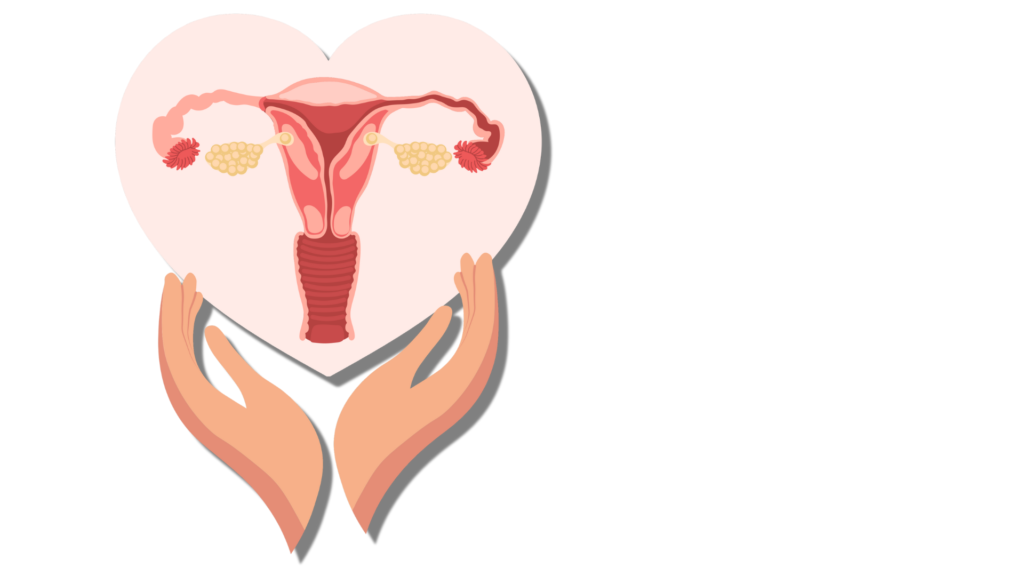
What is endometriosis?
In simple words, endometriosis is a condition in which tissue lining the uterus begins to grow outside the uterus—such as on the ovaries, fallopian tubes, or bladder. This can result in painful periods, bloating, fatigue, and sometimes fertility issues.
It is quite tricky and takes a lot of time to diagnose. But understanding is the first step to regaining your health.
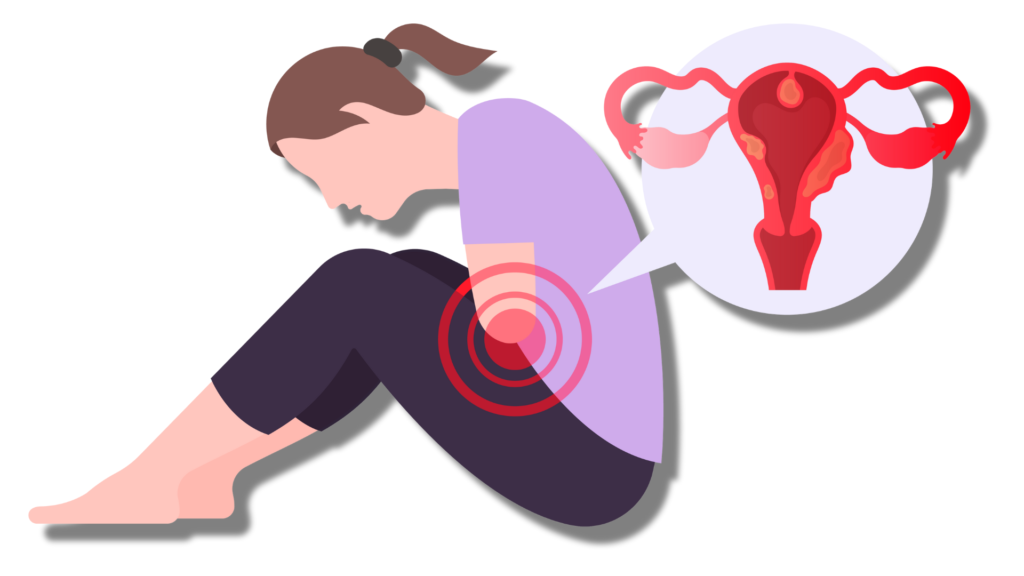
What is the endometriosis treatment?
Endometriosis Treatment is generally personalized—a trial-and-error type of treatment that depends entirely on your condition. Here’s a breakdown of common options:
- Pain Relief: Start with the basics
Painkillers are the first step. If the pain is severe, doctors recommend stronger medications to first give relief from intense pain.
A heating pad on the lower abdomen provides great relief during cramps.

- Hormonal Therapy: Controlling hormones is very important as
Endometriosis depends on estrogen, so hormonal therapies aim to balance it or lower it if levels rise.
Birth Control Pills: Regulate periods and reduce pain.
Progestin-Based Treatments: IUDs or injections help slow the growth of endometrial tissue.
GnRH Agonists: These are stronger and are taken in a temporary menopause-like state to stop endometriosis growth.
- Surgery: For severe cases, if medications don’t work, then surgery is an option. Laparoscopy is a procedure in which doctors remove endometriosis tissue. Surgery provides relief, but the tissue can grow back. But it’s helpful for severe symptoms.
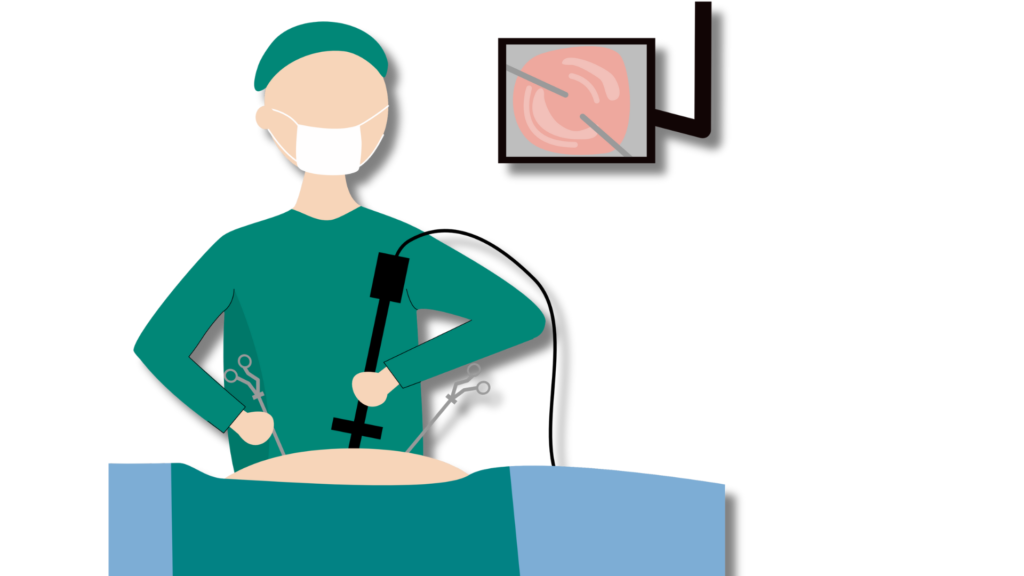
- Lifestyle Adjustments: Small habits have a big impact:
Diet: Focus on anti-inflammatory foods like leafy greens, nuts, and omega-3-rich fish.
Exercise: Gentle yoga, Pilates, or even a walk is sufficient.
Stress Management: Stress can make symptoms worse, so meditation or journaling is helpful.
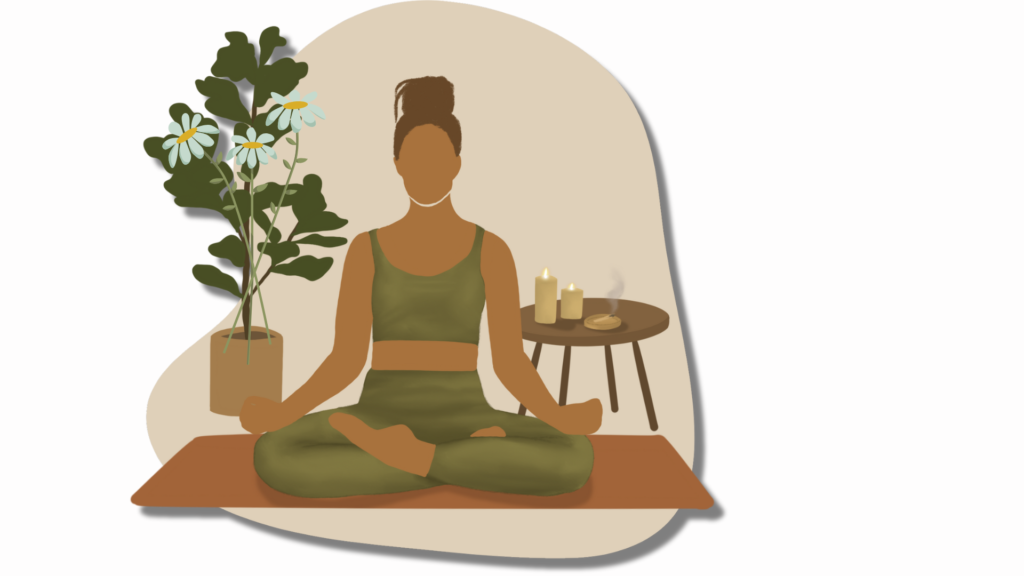
- Fertility Solutions: If starting a family is your goal then
Endometriosis can make fertility a little complicated, but treatments like IVF, ovulation stimulants help. So consult a gynecologists’ if needed.
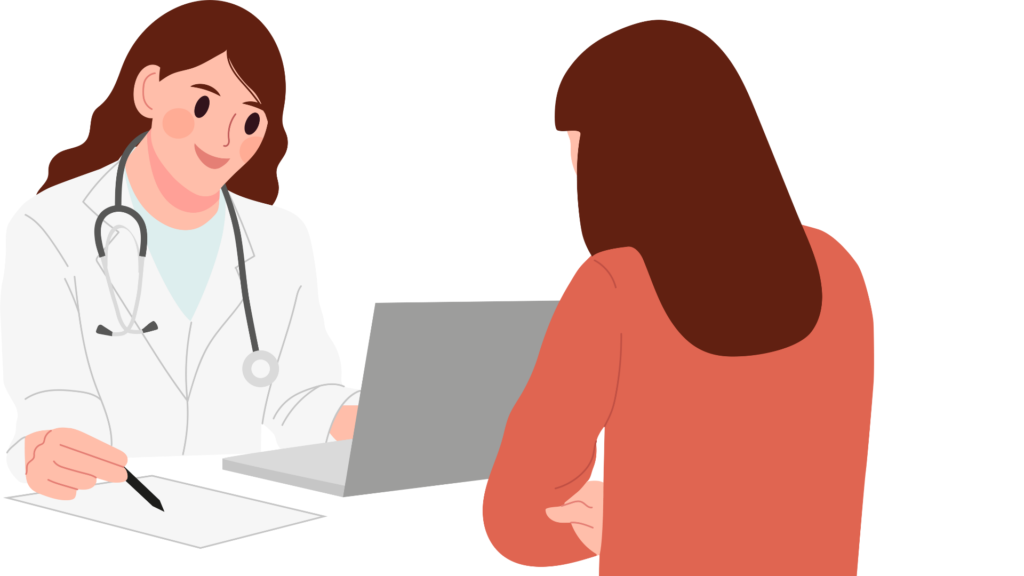
Living with Endometriosis: Finding a Balance is Important
Endometriosis impacts not just your body, but your mental health and daily life as well. That’s why it’s important to get aware of its prevention along with endometriosis treatment options :
Build a Support System: Whether it’s friends, family, or an online community—having people who understand you is very important.

Managing endometriosis is a journey, there is no quick fix. But with patience and the right treatment, you can take control of your health.
If you have your own tips or experiences, please share—talking makes everyone feel less alone.

